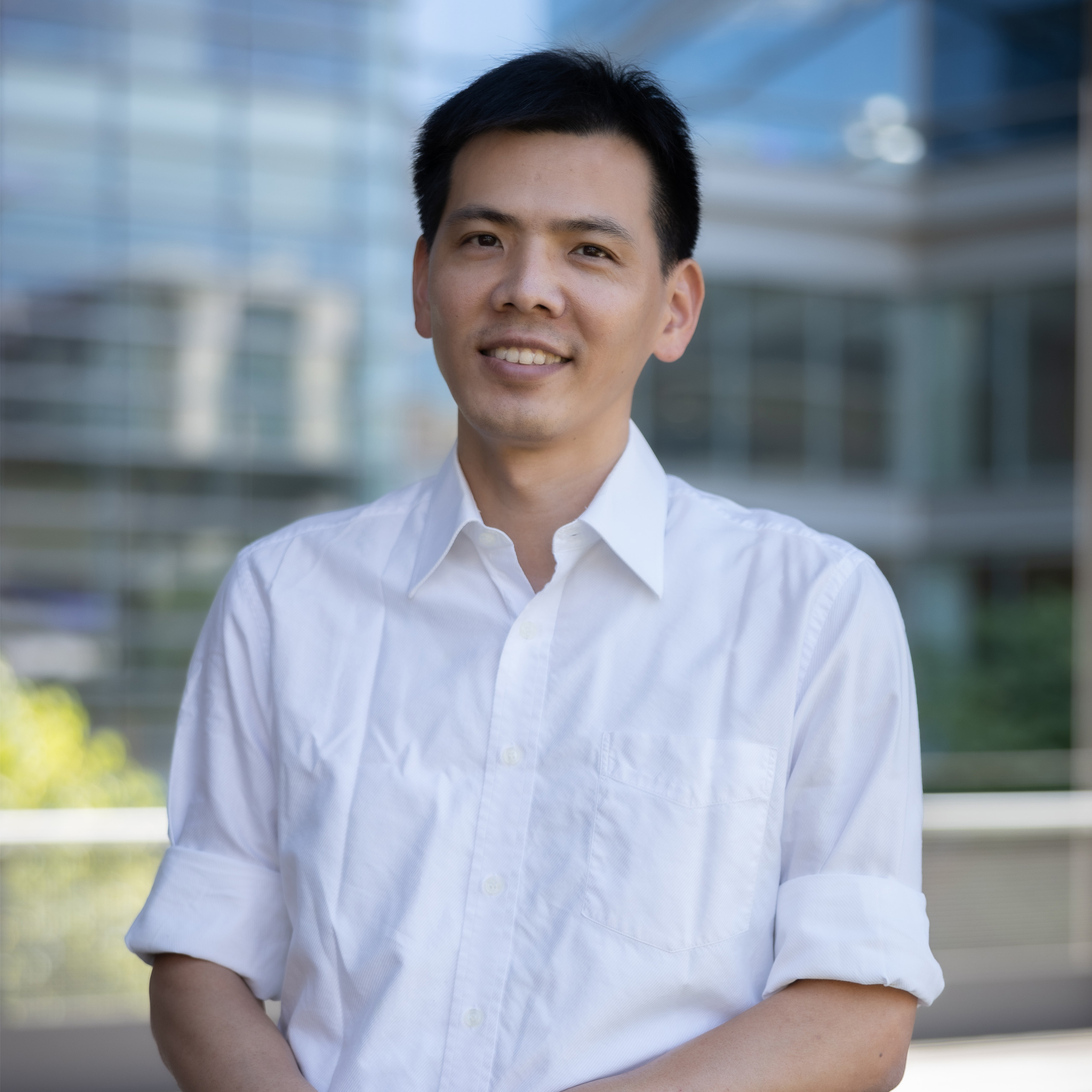Wei-Tang Chang
PhD
Assistant Professor
About
Developments and applications of ultrahigh-resolution functional and diffusion MRI, robust image reconstruction, brain connectivity analysis.
Dr. Chang’s experience in neuroimaging began with MEG/EEG and later expanded to MRI. He had published several unique techniques to improve the accuracy of MEG source localization. Additionally, he had advanced the temporal resolution of fMRI to 25 ms per brain and improved the quality of spatial reconstruction without compromising the scan rate. The related work had been published and invited for oral presentations in ISMRM and OHBM and won the OHBM trainee award in 2011. To further understand the mechanism behind neural networking, he joined the SBIC in Singapore in 2014 to develop resting-state functional connectivity of rodent model, focusing on the connectivity alteration by Huntington’s disease. Upon the return to United States in 2017, he started to work on the ultrahigh-resolution and ultrafast human MRI. The framework of fMRI, which achieved submillimeter isotropic resolution with whole-brain coverage within 2 seconds, had been invited for several oral presentations in ISMRM.
Dr. Chang’s current research projects focus on the developments of advanced functional MRI (fMRI) and diffusion MRI (dMRI) with ultrahigh resolution, ultrashort scan time, and improved robustness. The high-resolution fMRI was developed to study the brain-wide functional networks of hippocampal subfields as potential AD biomarker. This project has received funding support from NIH R21 grant in 2019. He also developed novel approaches to break the current limits of submillimeter-resolution dMRI. In addition to the extraordinary imaging performance, Dr. Chang commits to translate the techniques from bench to bedside. To improve the clinical applicability, he dedicates on improving the robustness against common imaging corruptions by motion, noise, and field inhomogeneity.
-
Biomedical Engineering Doctorate
National Taiwan University
-
Post-doctorate
Martinos Center for Biomedical Imaging
-
Post-doctorate
Massachusetts General Hospital
-
Post Doctorate
Senior Research Fellow - Singapore BioImaging Consortium (SBIC)

